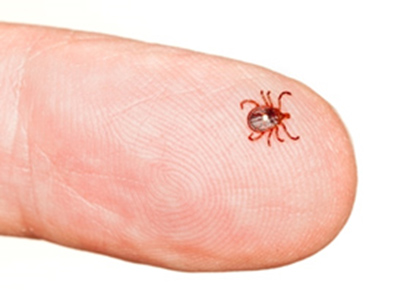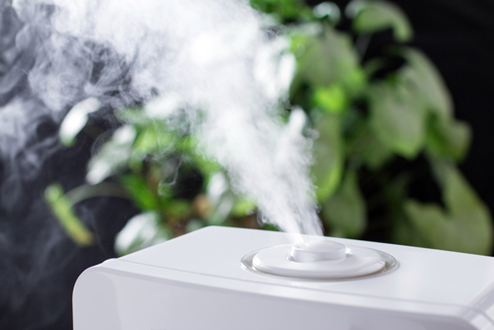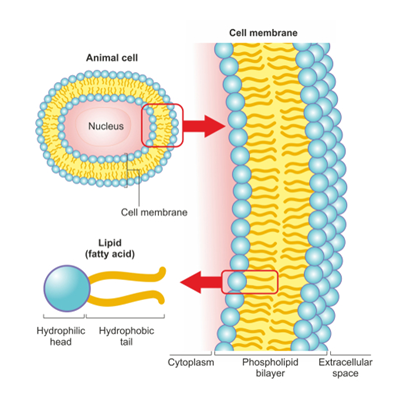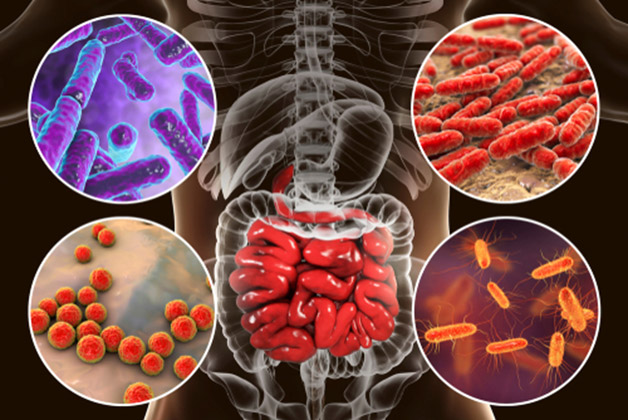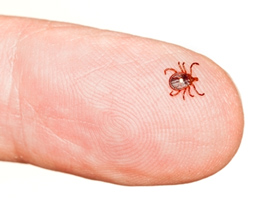Babesia – Another Common Tick Born Illness
Babesia is a little different from Lyme (borrelia) and Bartonella in that it is not a bacteria, but a parasite that is more similar to malaria than bacteria. Babesia has been found in all 50 states and likes to target the red blood cells. Babesia infection is often in addition to lyme infection as well … Read more

